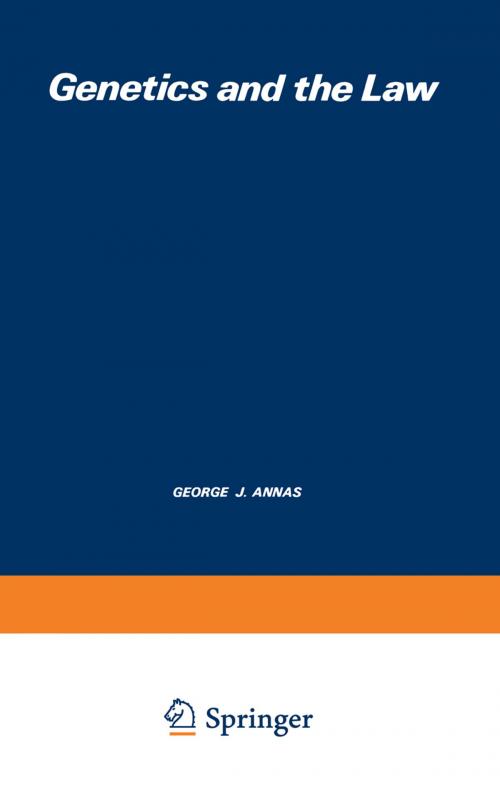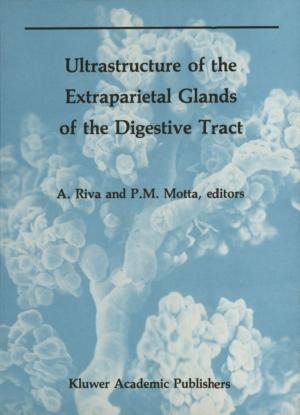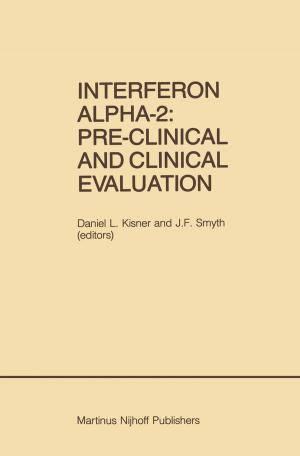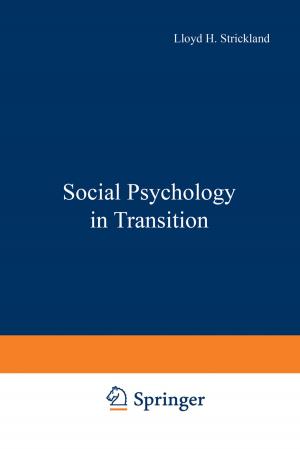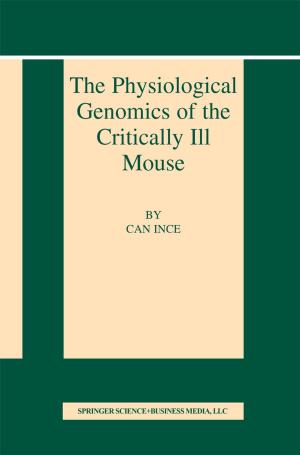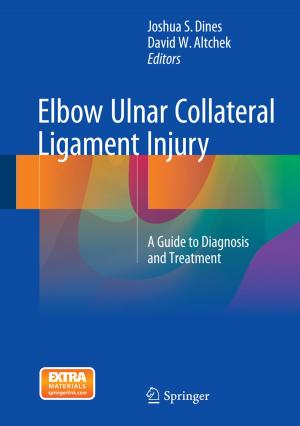| Author: | Aubrey Milunsky | ISBN: | 9781468422290 |
| Publisher: | Springer US | Publication: | December 6, 2012 |
| Imprint: | Springer | Language: | English |
| Author: | Aubrey Milunsky |
| ISBN: | 9781468422290 |
| Publisher: | Springer US |
| Publication: | December 6, 2012 |
| Imprint: | Springer |
| Language: | English |
Society has historically not taken a benign view of genetic disease. The laws permitting sterilization of the mentally re tarded~ and those proscribing consanguineous marriages are but two examples. Indeed as far back as the 5th-10th centuries, B.C.E., consanguineous unions were outlawed (Leviticus XVIII, 6). Case law has traditionally tended toward the conservative. It is reactive rather than directive, exerting its influence only after an individual or group has sustained injury and brought suit. In contrast, state legislatures have not been inhibited in enacting statutes. Many of their products can be characterized as hasty, unnecessary, ill-conceived, and based on the heart rather than the head. Moreover the lack of expert consultation sought has also been remarkable. One state legislature, for example, has advocated immunization for sickle cell anemia! Many others have enacted laws for the screening of inborn errors of metabolism, e.g., phenylketon uria, but have poorly defined the lines of responsibility to secure compliance. A spate of specific disease-related bills has emerged in the u.S. Congress, each seeking recognition and appropriations. Sickle cell anemia, hemophilia, Cooley's anemia and Tay-Sachs disease have been among the front-runners for support. Finally, in 1975, Congress has begun to examine an omnibus bill concerning all forms of genetic disease. The bill, termed the National Genetic Diseases Act is, however, still far from being enacted.
Society has historically not taken a benign view of genetic disease. The laws permitting sterilization of the mentally re tarded~ and those proscribing consanguineous marriages are but two examples. Indeed as far back as the 5th-10th centuries, B.C.E., consanguineous unions were outlawed (Leviticus XVIII, 6). Case law has traditionally tended toward the conservative. It is reactive rather than directive, exerting its influence only after an individual or group has sustained injury and brought suit. In contrast, state legislatures have not been inhibited in enacting statutes. Many of their products can be characterized as hasty, unnecessary, ill-conceived, and based on the heart rather than the head. Moreover the lack of expert consultation sought has also been remarkable. One state legislature, for example, has advocated immunization for sickle cell anemia! Many others have enacted laws for the screening of inborn errors of metabolism, e.g., phenylketon uria, but have poorly defined the lines of responsibility to secure compliance. A spate of specific disease-related bills has emerged in the u.S. Congress, each seeking recognition and appropriations. Sickle cell anemia, hemophilia, Cooley's anemia and Tay-Sachs disease have been among the front-runners for support. Finally, in 1975, Congress has begun to examine an omnibus bill concerning all forms of genetic disease. The bill, termed the National Genetic Diseases Act is, however, still far from being enacted.
